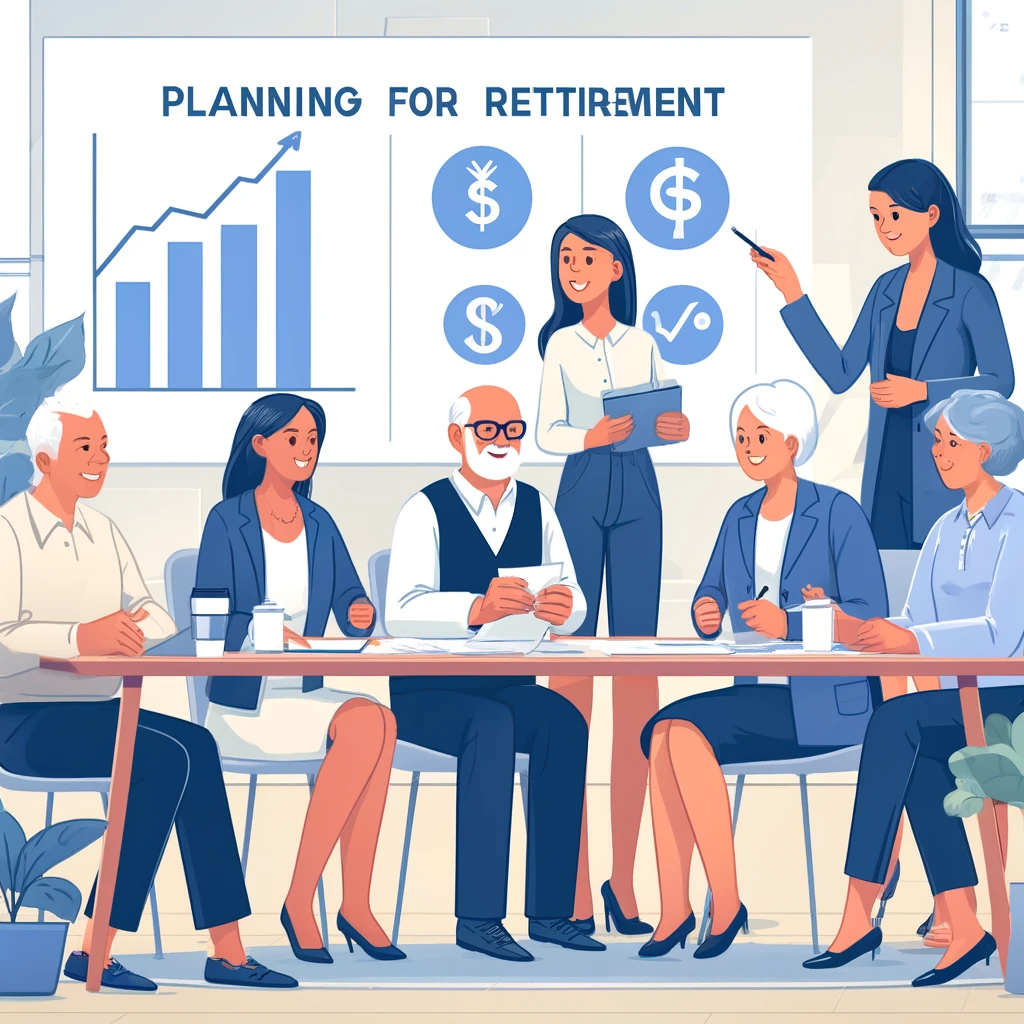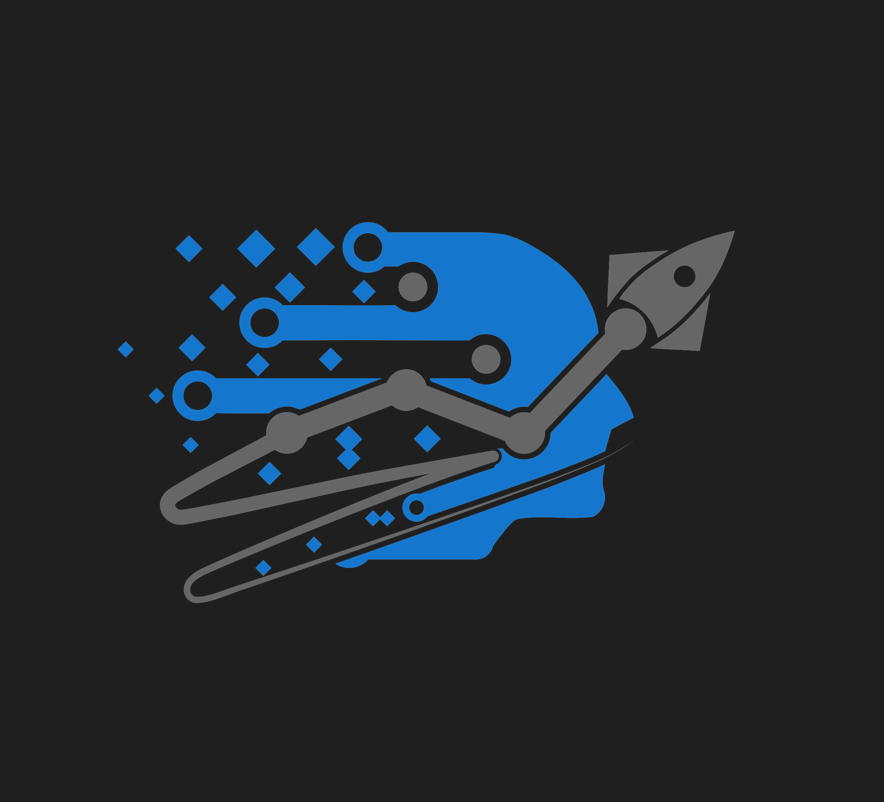課題: 不動産意思決定プロジェクト

Real Estate Decision-Making Project
課題の概要:
客観的:
Make a detailed analysis of renting versus buying a home, considering the financial implications of each option, including mortgage basics, the impact of credit scores on mortgage rates, and the overall financial planning involved in homeownership.
割り当て情報:
In this project, you will make a detailed analysis of the decision to rent versus buy a home. You will consider factors such as mortgage basics, the impact of credit scores on mortgage rates, and the overall financial planning involved in homeownership. Use the provided case study to compare the financial implications of each option.
Scenario:
You are evaluating the decision to rent versus buy a home. The case study details are as follows:
Case Study Details:
- Renting:
- Monthly Rent: $1,500
- Security Deposit: $1,500
- Lease Term: 1 year, renewable
- ユーティリティ: $200 monthly
- Renters Insurance: $20 monthly
- Buying:
- Home Price: $300,000
- Down Payment: 20% ($60,000)
- Mortgage Rate: 4%
- Mortgage Term: 30 years
- 固定資産税: $3,600 annually
- Homeowners Insurance: $1,200 annually
- Maintenance: $200 monthly
- ユーティリティ: $200 monthly
Credit Score:
- Current Credit Score: 720
- Expected Improvement: Increase to 750 in one year
質問セット 1: Q1A、Q1B、Q1C
質問1A:
Calculate the total monthly and annual costs of renting versus buying the home. Include all relevant expenses for both options.
質問1B:
Discuss how the mortgage basics, such as down payment, interest rate, and term, influence the total cost of homeownership. Provide detailed calculations.
質問1C:
Explain the impact of credit scores on mortgage rates and how improving the credit score from 720 to 750 could affect the mortgage terms and overall cost.
仮説シナリオ:
You are evaluating the decision to rent versus buy a home based on the provided case study details.
質問セット1
質問1A:
Calculate the total monthly and annual costs of renting versus buying the home. Include all relevant expenses for both options.
解決:
Renting Costs:
Expense | 月額 | Annual Amount |
家賃 | $1,500 | $18,000 |
ユーティリティ | $200 | $2,400 |
Renters Insurance | $20 | $240 |
合計 | $1,720 | $20,640 |
Buying Costs:
Expense | 月額 | Annual Amount |
Mortgage Payment | $1,146.42 | $13,756.98 |
固定資産税 | $300 | $3,600 |
Homeowners Insurance | $100 | $1,200 |
Maintenance | $200 | $2,400 |
ユーティリティ | $200 | $2,400 |
合計 | $1,946.42 | $23,356.98 |
質問1B:
Discuss how the mortgage basics, such as down payment, interest rate, and term, influence the total cost of homeownership. Provide detailed calculations.
解決:
Mortgage Basics:
- Down Payment:
- Amount: $60,000 (20% of $300,000)
- Influence: Reduces the loan amount to $240,000, lowering monthly mortgage payments and interest costs over the term.
- Interest Rate:
- Rate: 4%
- Influence: Determines the amount of interest paid over the life of the loan. Lower rates reduce total interest costs.
- Mortgage Term:
- Term: 30 years
- Influence: Longer terms result in lower monthly payments but higher total interest paid.
Monthly Mortgage Payment Calculation:
- Loan Amount: $240,000
- Interest Rate: 4%
- 学期: 30 years
Monthly Payment=𝑃×𝑟×(1+𝑟)𝑛(1+𝑟)𝑛−1
\(\textbf{Monthly Payment Formula:}\)
\[ \displaystyle \text{Monthly Payment} = P \times r \times \frac{(1 + r)^n}{(1 + r)^n – 1} \]
\(\textbf{Legend:}\)
\(\text{Monthly Payment}\) = Monthly loan payment
\(P\) = Loan principal
\(r\) = Monthly interest rate
\(n\) = Number of monthly payments
Where:
\(\textbf{Monthly Payment Calculation:}\)
\[ \displaystyle \text{Monthly Payment} = \frac{240,000 \times 0.00333 \times (1 + 0.00333)^{360}}{(1 + 0.00333)^{360} – 1} \approx \$1,146.42 \]
\(\textbf{Legend:}\)
\(\text{Monthly Payment}\) = Monthly loan payment
\(240,000\) = Loan principal
\(0.00333\) = Monthly interest rate
\(360\) = Number of monthly payments
Total Interest Paid Calculation:
Total Interest=Monthly Payment×𝑛−𝑃
\(\textbf{Total Interest Formula:}\)
\[ \displaystyle \text{Total Interest} = \text{Monthly Payment} \times n – P \]
\(\textbf{Legend:}\)
\(\text{Total Interest}\) = Total interest paid over the life of the loan
\(\text{Monthly Payment}\) = Monthly loan payment
\(n\) = Number of monthly payments
\(P\) = Loan principal
\(\textbf{Total Interest Calculation:}\)
\[ \displaystyle \text{Total Interest} = \$1,146.42 \times 360 – \$240,000 \approx \$172,711.20 \]
\(\textbf{Legend:}\)
\(\text{Total Interest}\) = Total interest paid over the life of the loan
\(\$1,146.42\) = Monthly loan payment
\(360\) = Number of monthly payments
\(\$240,000\) = Loan principal
質問1C:
Explain the impact of credit scores on mortgage rates and how improving the credit score from 720 to 750 could affect the mortgage terms and overall cost.
解決:
Impact of Credit Scores on Mortgage Rates:
- Current Score (720): Likely to qualify for an interest rate around 4%.
- Improved Score (750): Could qualify for a lower interest rate, possibly around 3.75%.
Effect of Improved Credit Score:
- Lower Interest Rate: Reduces monthly payments and total interest paid over the life of the loan.
- New Monthly Payment Calculation:
\text{Loan Amount} = $240,000
New Interest Rate=3.75%
Term=30 years
\(\textbf{Monthly Payment Calculation:}\)
\[ \displaystyle \text{Monthly Payment} = \frac{240,000 \times 0.003125 \times (1 + 0.003125)^{360}}{(1 + 0.003125)^{360} – 1} \approx \$1,111.45 \]
\(\textbf{Legend:}\)
\(\text{Monthly Payment}\) = Monthly loan payment
\(240,000\) = Loan principal
\(0.003125\) = Monthly interest rate
\(360\) = Number of monthly payments
New Total Interest Paid:
\(\textbf{Total Interest Calculation:}\)
\[ \displaystyle \text{Total Interest} = \$1,111.45 \times 360 – \$240,000 \approx \$159,822 \]
\(\textbf{Legend:}\)
\(\text{Total Interest}\) = Total interest paid over the life of the loan
\(\$1,111.45\) = Monthly loan payment
\(360\) = Number of monthly payments
\(\$240,000\) = Loan principal
Savings:
\(\textbf{Savings Calculation:}\)
\[ \displaystyle \text{Savings} = \$172,711.20 – \$159,822 \approx \$12,889.20 \]
\(\textbf{Legend:}\)
\(\text{Savings}\) = Total savings
\(\$172,711.20\) = Total interest from the first scenario
\(\$159,822\) = Total interest from the second scenario
質問セット 2: Q2A、Q2B、Q2C
質問2A:
Analyze the financial implications of renting versus buying over a 5-year period. Consider factors such as equity building, opportunity costs, and potential appreciation of the property.
質問2B:
Discuss the overall financial planning involved in homeownership, including budgeting for maintenance, taxes, and unexpected expenses. How does this compare to renting?
質問2C:
Reflect on the non-financial factors that might influence the decision to rent versus buy, such as lifestyle preferences, stability, and flexibility.
質問セット2
質問2A:
Analyze the financial implications of renting versus buying over a 5-year period. Consider factors such as equity building, opportunity costs, and potential appreciation of the property.
解決:
Renting Over 5 Years:
Expense | Annual Amount | 5-Year Total |
家賃 | $18,000 | $90,000 |
ユーティリティ | $2,400 | $12,000 |
Renters Insurance | $240 | $1,200 |
合計 | $20,640 | $103,200 |
Buying Over 5 Years:
Expense | Annual Amount | 5-Year Total |
Mortgage Payment | $13,756.98 | $68,784.90 |
固定資産税 | $3,600 | $18,000 |
Homeowners Insurance | $1,200 | $6,000 |
Maintenance | $2,400 | $12,000 |
ユーティリティ | $2,400 | $12,000 |
合計 | $23,356.98 | $116,784.90 |
Equity Building:
- Principal Paid: Approximately $16,800 over 5 years.
- Home Appreciation: Assuming 3% annual appreciation, the home could increase in value to approximately $347,738 after 5 years.
Opportunity Costs:
- Renting: No equity built, and rent payments do not contribute to ownership.
- 購入: Down payment and monthly payments build equity, potential for appreciation.
Total Cost Difference:
Rent vs. Buy | Amount |
Renting Costs | $103,200 |
Buying Costs | $116,784.90 |
Principal Paid | -$16,800 |
Net Buying Costs | $99,984.90 |
Difference | -$3,215.10 |
質問2B:
Discuss the overall financial planning involved in homeownership, including budgeting for maintenance, taxes, and unexpected expenses. How does this compare to renting?
解決:
Homeownership Financial Planning:
- Maintenance Costs:
- Regular maintenance ($200 monthly) and unexpected repairs.
- Budgeting for annual and major repairs (e.g., roof replacement).
- Property Taxes:
- Annual property taxes ($3,600) to be included in monthly budgeting.
- Insurance:
- Homeowners insurance ($1,200 annually) for protection against damage and liability.
- Emergency Fund:
- Maintaining a fund for unexpected expenses such as major repairs or appliance replacements.
Comparison to Renting:
- Renting:
- Lower upfront costs (security deposit vs. down payment).
- No responsibility for maintenance or property taxes.
- Predictable monthly expenses.
- Flexibility to move without selling a property.
- Buying:
- Higher upfront costs (down payment, closing costs).
- Responsibility for maintenance, repairs, and property taxes.
- Potential for equity building and property appreciation.
- Stability and potential financial benefits from owning property.
質問2C:
Reflect on the non-financial factors that might influence the decision to rent versus buy, such as lifestyle preferences, stability, and flexibility.
解決:
Non-Financial Factors:
- Lifestyle Preferences:
- Renting may offer amenities such as gyms, pools, and maintenance services.
- Buying allows customization and renovations to suit personal tastes.
- 安定性:
- Homeownership provides long-term stability and the ability to establish roots in a community.
- Renting offers less stability due to potential changes in lease terms or landlord decisions.
- 柔軟性:
- Renting provides flexibility to relocate for job opportunities or lifestyle changes without the complexity of selling a home.
- Buying requires a longer-term commitment and involves the process of selling a property if relocation is needed.
- Personal Goals:
- Homeownership aligns with goals such as building equity, creating a stable living environment, and potentially passing property to heirs.
- Renting aligns with goals such as mobility, low maintenance, and avoiding the responsibilities of homeownership.
閉会の辞:
Congratulations on completing the assignment! By making a detailed analysis of renting versus buying a home, considering the financial implications of each option, you have gained valuable insights into the decision-making process involved in real estate and homeownership. Continue applying these strategies to enhance your financial literacy and achieve long-term financial stability.
重要なポイント/ヒント:
- 総合分析: Evaluate both financial and non-financial factors when deciding to rent or buy.
- 予算編成: Plan for all expenses involved in homeownership, including maintenance and property taxes.
- Credit Impact: Understand the impact of credit scores on mortgage rates and overall costs.
- Long-Term Planning: Consider the long-term implications of renting versus buying, including equity building and property appreciation.

